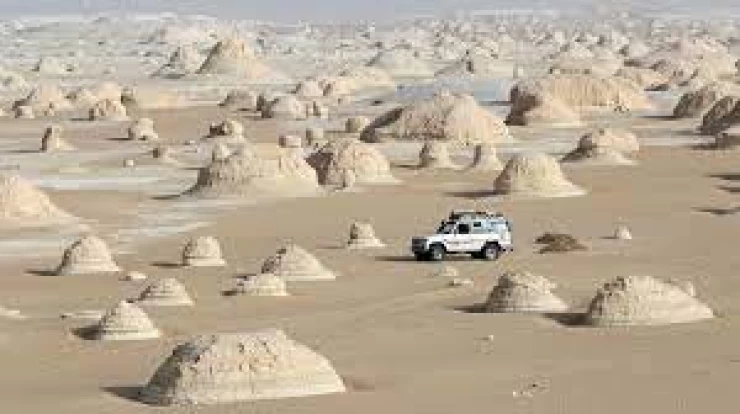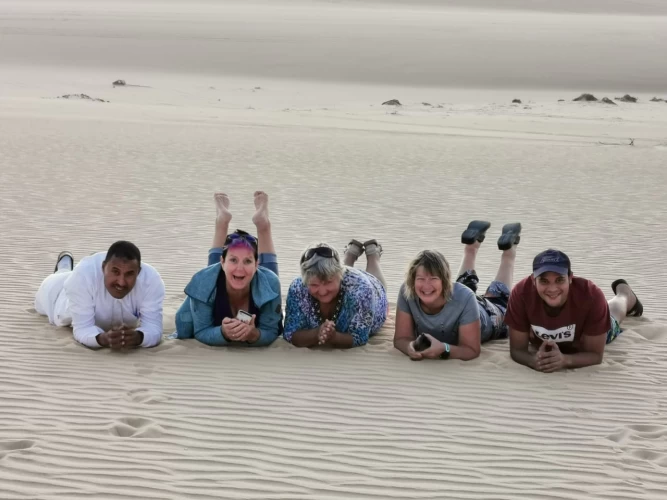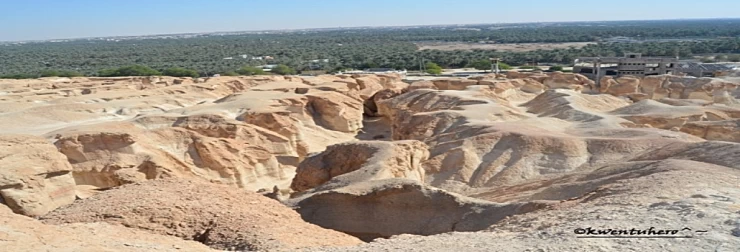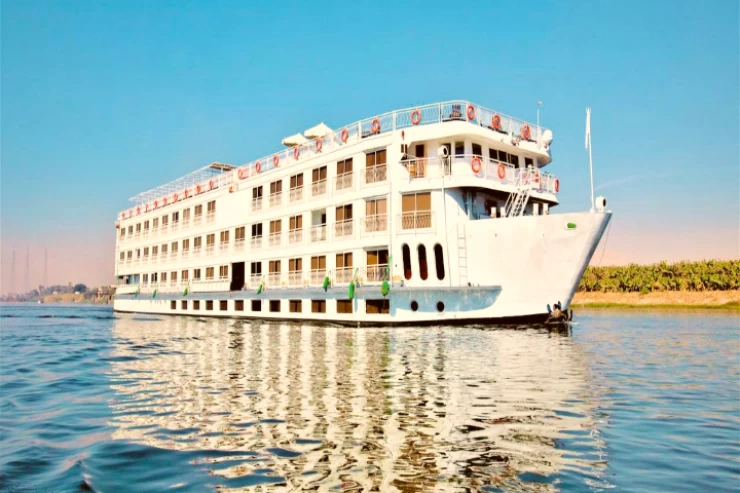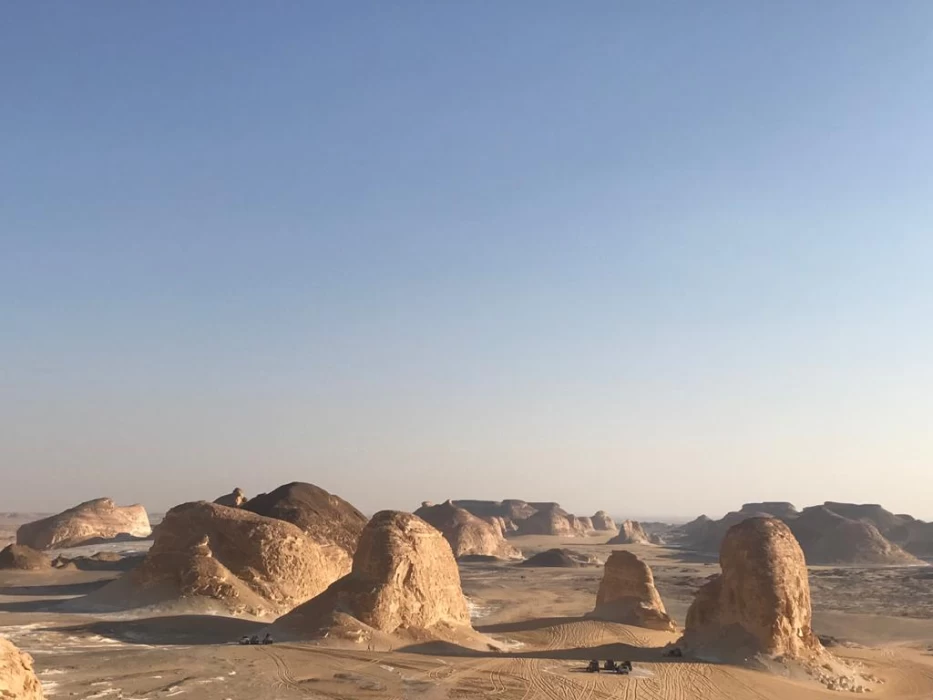
Bahariya Oasis
Bahariya Oasis
Bahariya Oasis, recognized as the northernmost oasis, is situated closest to the Mediterranean among the seven principal oases of the Sahara Desert in Egypt. It comprises a collection of villages, with Bawiti being the most central.
Bahariya Oasis is located 330 kilometers southwest of Cairo and 180 kilometers from the Nile Valley, nestled within a natural depression spanning 2,000 square kilometers in a mountainous region. Historically, Bahariya acted as a conduit between Egypt and Libya, governed by a Libyan dynasty under the oversight of the Pharaohs of the 26th Dynasty. It was referred to as the 'Little Oasis' in comparison to Kharga. This oasis has consistently been fertile, producing wine during the Middle Kingdom era. Archaeological findings, including a wine press with its crushing area, suggest that the northern oases were abundant with vines that provided popular wines for the tables of Greece and Rome. Additionally, dates, citrus fruits, onions, and poultry, particularly turkeys, continue to be transported to the Nile Valley. The city flourished until the fourth century AD.
The oasis is abundant in hot springs and remains a significant producer of dates. If you are considering a tour to Egypt, explore our selection of tours from Cairo to conveniently visit Bahariya Oasis with Cairo Top Tours. Bahariya has been under pharaonic governance since the 6th Dynasty, as evidenced by the mastabas in Balat, where the governors of the oases were interred. During the Middle Kingdom, it functioned as a trading hub with the Nile Valley; a stele from the twelfth dynasty attests to political connections with Abydos and Thebes. Subsequently, following the decline of the 13th Dynasty, a Kamose stele, unearthed in 1954 at the Karnak Temple, reveals that Apopi, the king of the Hyksos, dispatched a message to the Prince of Kush to launch an attack on Egypt from the south. However, the messenger and his communication were intercepted by Kamose, ensuring Egypt's security.
Bahariya Oasis which Means the northernmost Oasis because it is the closest to the Mediterrenean from the seven major Oases of the Sahara desert in Egypt, it consists from a group of villages the central most is called Bawiti.
Bahariya Oasis in Egypt Bahariya Oasis is located 330 km southwest of Cairo and 180 km from the Nile Valley, on a natural depression of 2000 km2, in a mountainous site. In ancient times Bahariya was considered a bridge between Egypt and Libya, ruled by a Libyan family under the control of the Pharaohs of the 26th Dynasty. It was called 'Little Oasis' as opposed to Kharga.
Bahariya is controlled by pharaonic power from the 6th dynasty, as attested by the presence of mastabas in Balat where the governors of the oases rest. In the Middle Kingdom, the trade region with the Nile Valley; a stele of the twelfth dynasty attests to political relations with Abydos and Thebes.
Additionally, Bahariya gained worldwide attention in 1996 with the discovery of the Valley of the Golden Mummies, where over 250 beautifully preserved Greco-Roman mummies were found, shedding light on burial customs and wealth in the oasis. Tourists today can also visit the Temple of Alexander the Great, the only known temple in Egypt bearing his name, making Bahariya a destination rich in both natural beauty and archaeological significance.
Bahariya also holds deep historical significance. It came under pharaonic rule during the 6th Dynasty, as shown by the mastabas in Balat, the resting place of oasis governors. During the Middle Kingdom, Bahariya functioned as an important trade region with the Nile Valley. A Twelfth Dynasty stele documents political and commercial relations with Abydos and Thebes.







